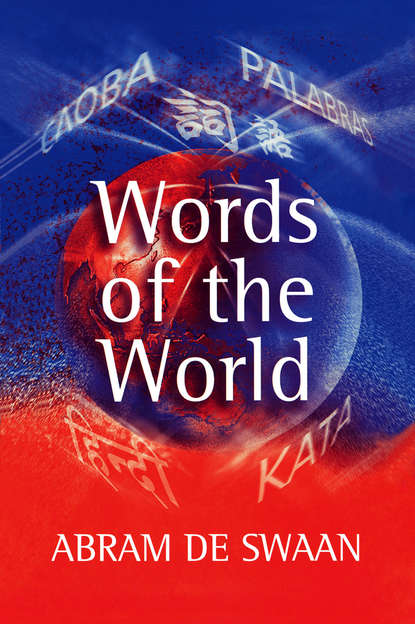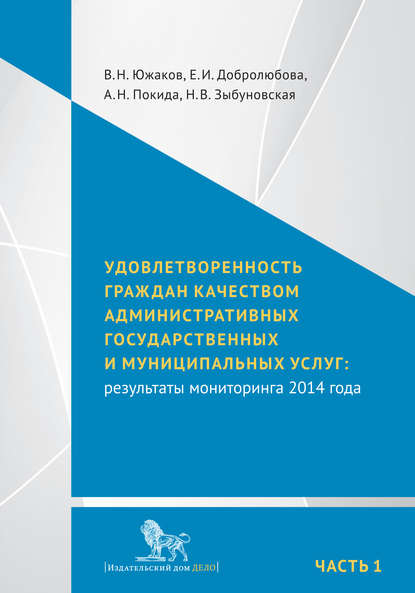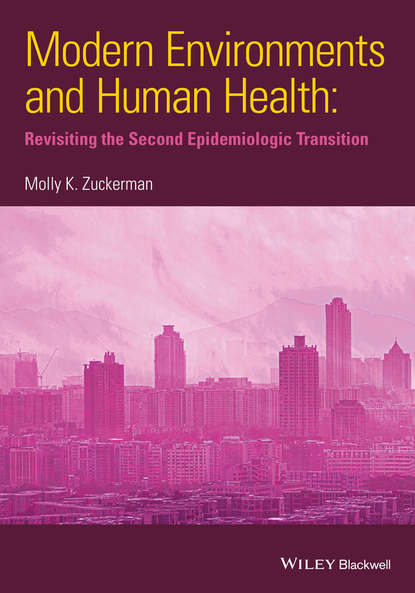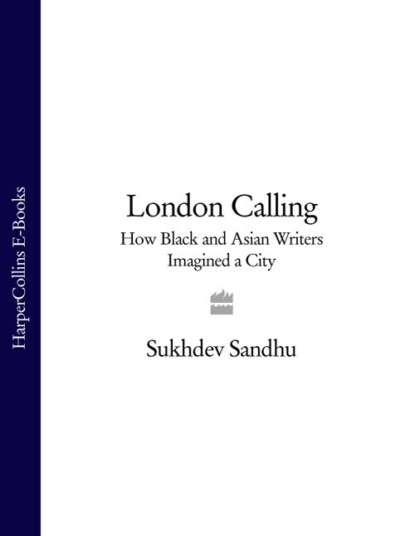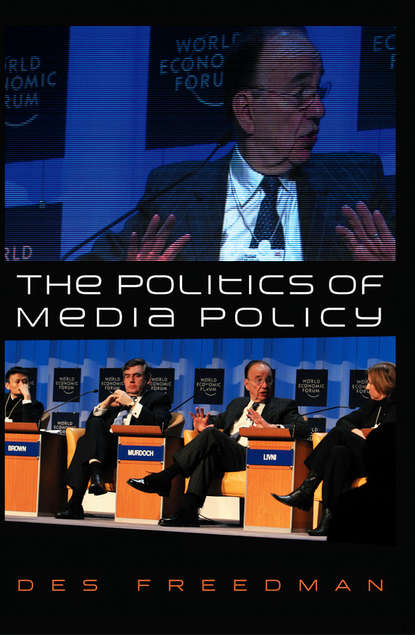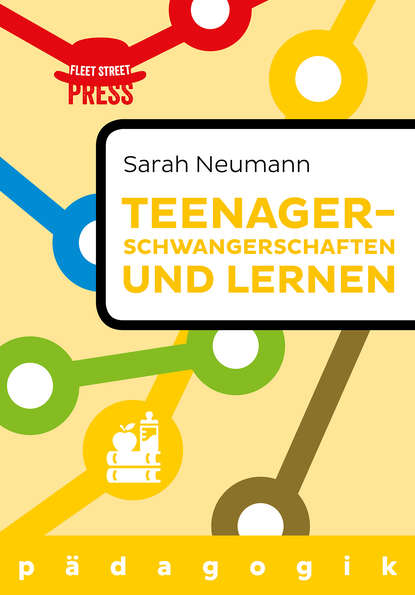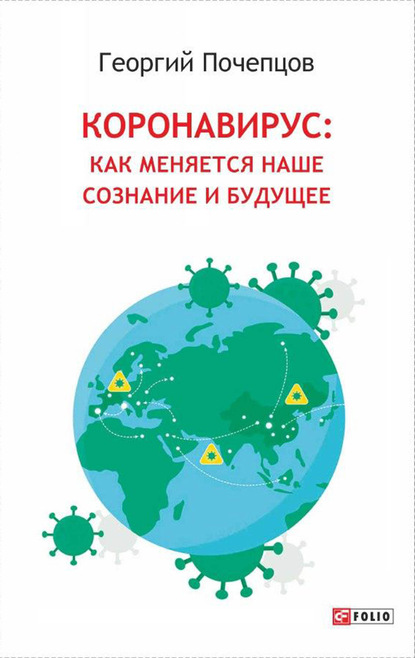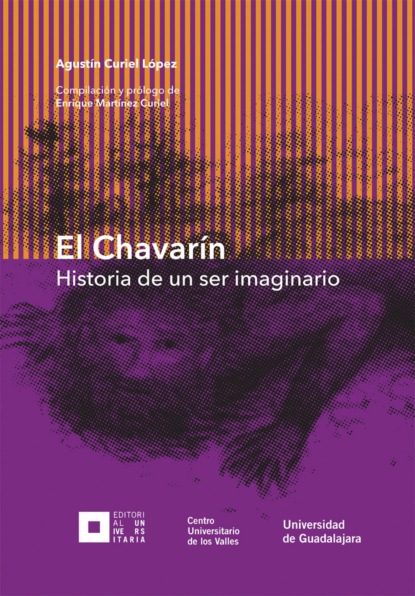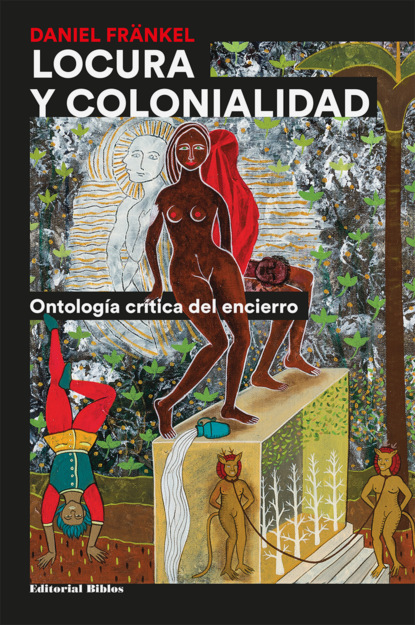Это смелое и доступное исследование человеческих языков и коммуникации изучает вопросы, которые находятся на переднем крае сегодняшнего глобализированного общества. Человеческий вид разделен более чем на пять тысяч языковых групп, которые не понимают друг друга. И тем не менее, эти группы составляют единую мировую языковую систему, связанную многоязычными докладчиками удивительно мощным образом. Шансы языка процветать зависят от его положения в системе. Существуют тысячи небольших периферийных языков, каждый из которых связан с одним из сотни центральных языков. Всю систему удерживает вместе один глобальный язык: английский. Язык - это "сверхколлективное" благо: чем больше у него носителей, тем выше его коммуникативная ценность для каждого из них. Таким образом, когда люди думают, что язык получает новых носителей, это само по себе является причиной захотеть выучить его. Вот почему в эпоху глобализации только немногие языки остаются для транснациональной коммуникации, и они часто преобладают даже в национальных обществах. Эта важная книга подробно обсуждает ряд конкретных созвездий: Индия, Индонезия, Африка к югу от Сахары, Южная Африка и Европейский союз. Де Сван заканчивает, предоставляя трезвый, но просвещающий взгляд на языковую политику в многоязычных обществах. Эта книга будет незаменимым чтением для изучающих социологию, теорию коммуникации и лингвистику.
Bold and accessible, this study explores human languages, their problems, and solutions. Indeed, it explores ancient concepts such as the vital importance of position within the linguistic hierarchy; the complex nature of collective "goods" affecting the survival of diverse languages and dialects; and relationships between globalization and national preservation or obsolescence issues. Intentionally scientific, yet always readable and digestible, De Swaaf's book is an essential foundation for anyone interested in, or working with, multilingualism, world communication, globalization dynamics, the role of (ethnic) languages in identity, political landscapes, and social and cultural diversity.
Bold and accessible, this study of languages and communication puts contemporary globalised society front and centre.
Электронная Книга «Words of the World» написана автором Abram De Swaan в году.
Минимальный возраст читателя: 0
Язык: Английский
ISBN: 9780745676982
Описание книги от Abram De Swaan
This bold and accessible study of human languages and communication explores issues which are at the forefront of today's globalized society. The human species is divided into more than five thousand language groups that do not understand each other. And yet these groups constitute one coherent world language system, connected by multilingual speakers in a surprisingly powerful way. The chances of a language thriving depend on its position in the system. There are thousands of small, peripheral languages, each connected to one of a hundred central languages. The entire system is held together by one global language: English. A language is a ‘hypercollective' good: the more speakers it has, the higher its communication value for each one of them. Thus, when people think that a language is gaining new speakers, that in itself is a reason for them to want to learn it too. That is why, in an age of globalization, only a few languages remain for transnational communication and these often prevail even in national societies. This important book discusses a number of specific constellations in detail: India, Indonesia, Sub-Saharan Africa, South Africa and the European Union. De Swaan concludes by providing a sober but illuminating view of language policy in multilingual societies. This book will be essential reading for those studying sociology, communication studies and linguistics.
